
Sujata Gupta is the social sciences writer for Science News. She was a 2017-18 Knight Science Journalism fellow at MIT. Her work has appeared in The New Yorker, Nature, Discover, NPR, Scientific American, and others. Sujata got her start in journalism at a daily newspaper in Central New York, where she covered education and small town politics. She has also worked as a National Park Ranger, completing stints at parks in Hawaii, California and Maine, and taught English in Nagano, Japan.

Trustworthy journalism comes at a price.
Scientists and journalists share a core belief in questioning, observing and verifying to reach the truth. Science News reports on crucial research and discovery across science disciplines. We need your financial support to make it happen – every contribution makes a difference.
All Stories by Sujata Gupta
-
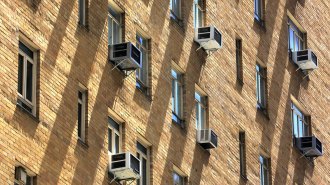 Science & Society
Science & SocietyHow extreme heat from climate change distorts human behavior
As temperatures rise, violence and aggression go up while focus and productivity decline. The well off can escape to cool spaces; the poor cannot.
-
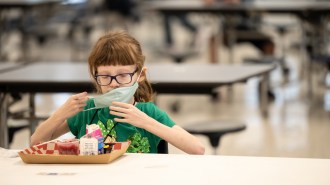 Health & Medicine
Health & Medicine6 answers to parents’ COVID-19 questions as kids return to school
Universal masking in schools could prevent a bumpy 2021–22 schoolyear and keep kids, many of whom are too young to be vaccinated, safe, experts say.
-
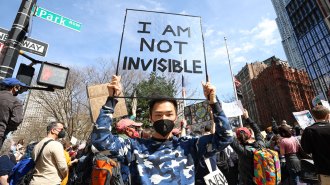 Science & Society
Science & SocietyHow science overlooks Asian Americans
Existing scientific datasets fail to capture details on Asian Americans, making it hard to assess the group’s overall well-being.
-
 Science & Society
Science & SocietyThe gap in parenting time between middle- and working-class moms has shrunk
Some well-educated mothers are spending less time with their kids than before, while some less-educated mothers are spending more, a new study shows.
-
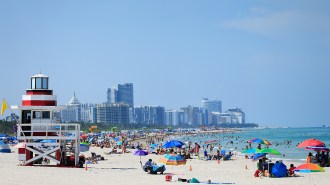 Science & Society
Science & SocietyMoral judgments about an activity’s COVID-19 risk can lead people astray
People use values and beliefs as a shortcut to determine how risky an activity is during the pandemic. Those biases can lead people astray.
-
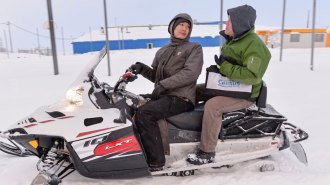 Science & Society
Science & Society50 years ago, scientists predicted steady U.S. population growth
The country’s annual population growth rate, mostly stable since the 1970s, is now the lowest it’s been in over a century.
-
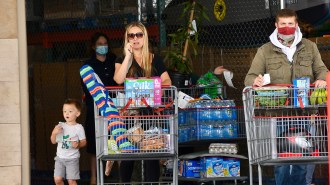 Health & Medicine
Health & MedicineThe CDC’s changes to mask guidelines raised questions. Here are 6 answers
Experts weigh in on the U.S. CDC’s recommendation fully vaccinated individuals removing masks indoors and what it means for the pandemic’s future.
-
 Psychology
PsychologySmall bribes may help people build healthy handwashing habits
Getting people to wash their hands is notoriously difficult. Doling out nice soap dispensers and rewards helps people develop the habit.
-
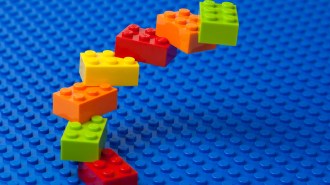 Psychology
PsychologyPeople add by default even when subtraction makes more sense
People default to addition when solving puzzles and problems, even when subtraction works better. That could underlie some modern-day excesses.
-
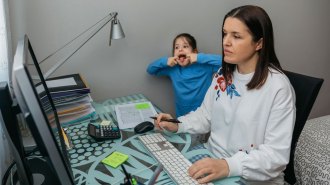 Science & Society
Science & SocietyParents in Western countries report the highest levels of burnout
The first survey comparing parental exhaustion across 42 countries links it to a culture of self-reliance.
-
 Science & Society
Science & SocietyHow perceptions of diversity vary by race and political views
Black, Latino and Asian people tend to see U.S. neighborhoods as more diverse when their group is in the majority, a new study finds.
-
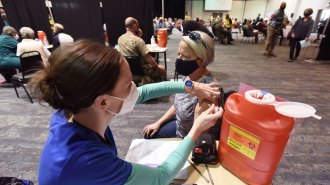 Health & Medicine
Health & MedicineThe COVID-19 pandemic is now a year old. What have scientists learned?
As we enter the pandemic’s second year, researchers share what they’ve learned and what they look forward to.